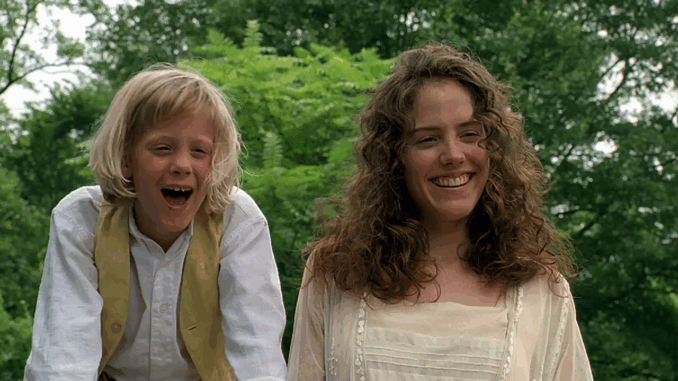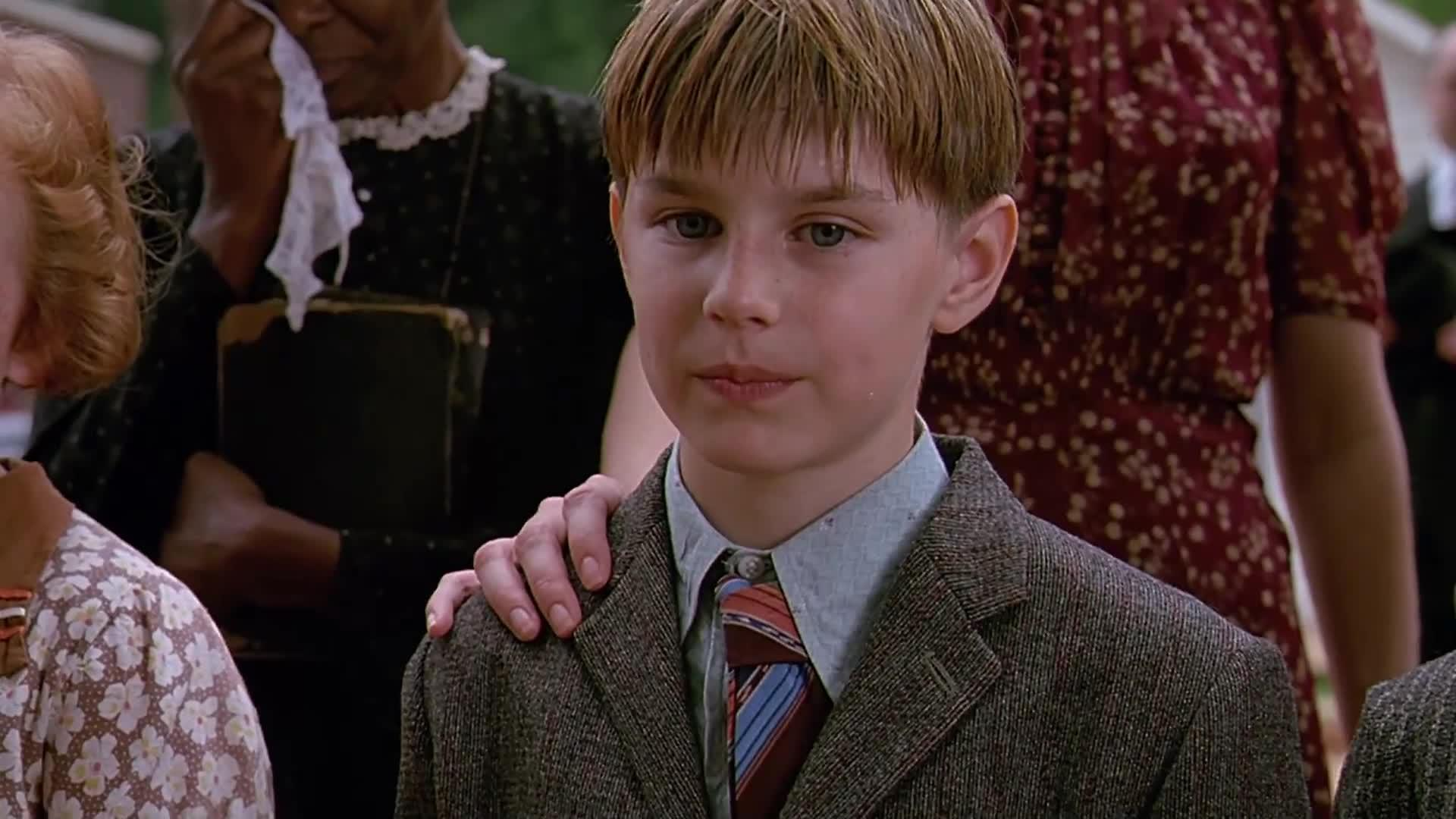
In the dusty corners of American film history, there are stories that don’t roar into the canon—they linger. Fried Green Tomatoes is one of those rare films. Released in 1991, it didn’t arrive with the explosive box office fanfare of its blockbuster peers. It didn’t demand attention. Instead, it earned it slowly, quietly, one viewer at a time. And over three decades later, it continues to simmer—rich, complex, and unforgettable.
But Fried Green Tomatoes is more than a nostalgic Southern drama. It’s a layered meditation on memory, womanhood, and the radical act of telling your own story.
The Power of Two Timelines
The film’s dual structure—set both in 1920s Alabama and the late 1980s—invites the audience into a conversation across generations. In the present, we meet Evelyn Couch (Kathy Bates), a middle-aged housewife suffocating in suburban routine. In a nursing home, she encounters Ninny Threadgoode (Jessica Tandy), an elderly woman with a gleam in her eye and stories to tell.
Those stories, told in lush flashbacks, revolve around Idgie Threadgoode (Mary Stuart Masterson) and Ruth Jamison (Mary-Louise Parker), two women who carve out a fiercely independent life together in a time and place hostile to such freedom.
The narrative is nonlinear, but emotionally exact. It reminds us that history isn’t just a collection of facts—it’s a living, breathing force shaped by those who remember it. And in Fried Green Tomatoes, it is the women who remember.
The Subversion in Southern Hospitality
At first glance, Fried Green Tomatoes is full of the trappings of traditional Southern gentility: small towns, big porches, fresh pies, and friendly faces. But beneath the lace curtains lies something far more radical.
This is a story of women surviving violence, loneliness, and societal expectations not through romantic rescue—but through mutual support. When Ruth is trapped in an abusive marriage, Idgie offers her refuge. When Sipsey, a Black housekeeper, defends her found family from danger, she does so without hesitation or apology. These acts are not framed as anomalies—they are essentials. Acts of love, yes, but also acts of resistance.
Idgie and Ruth: A Love Unnamed, Unmistakable

Much ink has been spilled over the nature of Idgie and Ruth’s relationship. The source novel made no secret of its romantic dimension, but the film, constrained by early-90s Hollywood caution, drapes their bond in euphemism. There’s no kiss, no declaration. And yet—there is everything.
The way they look at each other. The way Idgie refuses to live without Ruth. The way Ruth says “you’re the best friend I’ve ever had,” and we, the audience, hear what she cannot say aloud.
This silence, deliberate though it may have been, becomes its own form of commentary. In that gap between what is shown and what is understood, Fried Green Tomatoes lets viewers fill in the blanks—and, in doing so, invites generations of queer women to see themselves.
Evelyn Couch and the Feminist Awakening
Parallel to the story of Ruth and Idgie is Evelyn’s own journey—from invisible to invincible. Her transformation is not dramatic. It doesn’t end in a career change or a new man. Instead, she begins to value herself. She learns to speak up. She discovers her anger—and then her power.
Evelyn’s cry of “Towanda!”—her imagined warrior alter-ego—has become a cultural shorthand for female rage and release. It’s not a perfect arc, but it is a truthful one. Especially for women taught to serve, to defer, to disappear.
In Evelyn, the film gives us a portrait of a woman who stops waiting to be chosen and instead chooses herself.
Food, Family, and Storytelling as Survival
At the center of Whistle Stop is a café. And at the center of that café is food—not just as sustenance, but as story. Recipes are passed down like heirlooms. Meals are moments of communion. Even the infamous “secret ingredient” joke—where viewers learn what really happened to Ruth’s abusive husband—becomes a darkly comic reminder of the ties between food, power, and myth.
In the South, food is memory. And in Fried Green Tomatoes, memory is salvation.
A Story That Outlived Its Censors
Despite its acclaim, Fried Green Tomatoes was not without controversy. LGBTQ+ viewers criticized the erasure of explicit representation. Some Black critics pointed out the marginalization of characters like Sipsey and Big George, who exist more as moral touchstones than fully developed lives.
These critiques are valid—and necessary. But they also sit alongside a deep appreciation. Because even with its limits, Fried Green Tomatoes cracked open a space for women’s stories that didn’t center male validation. It showed us women loving each other, defending each other, and aging with purpose.
In 2025, such depictions are still rare enough to matter.
A Whisper That Won’t Go Quiet
There are louder films. There are slicker, grittier, more explicitly political films. But few have the soul of Fried Green Tomatoes. Few dare to suggest that the most transformative revolution might be a conversation between two women on a porch.
It is a film that believes in slow growth, in quiet courage, in the possibility of change at any age. It ends not with a bang but with a question: What stories are you passing on? And who will carry them when you’re gone?
In Whistle Stop, stories are not history—they are inheritance. And in Fried Green Tomatoes, the matriarchs pass them on with love, grit, and a side of cornbread.
